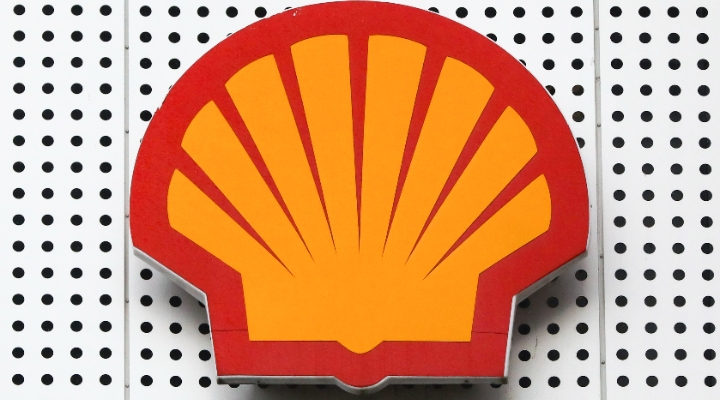This article is part of Morningstar's "Perspectives" series, written by third-party contributors. Here, Alan Higgins, Chief Investment Officer, UK at Coutts discusses how Middle Eastern tensions may affect the oil price.
The Brent crude oil price experienced a mini spike after the attacks on the Baiji oil refinery in northern Iraq, the country’s largest, by the Islamic State of Iraq and Syria (Isis). But Brent remains below the highs reached last September during supply disruptions in key producing countries Libya, Nigeria and Iraq. Though the situation in Iraq remains uncertain, Brent has since eased back to around $115 per barrel and the immediate impact on the global economy looks limited.
With about 90% of the country’s oil production being based in southern Iraq, an Isis intrusion in that direction would cause more uncertainty. However, we note that in recent cases of internal turmoil in oil-producing nations, such as Egypt and Libya, oil production resumed its flow after a brief interruption, and therefore it’s understandable that the market remains fairly sanguine about the current situation in Iraq.
Even if there were to be a more significant disruption to oil supplies, the US has the capacity to act as supplier of last resort, given its ample “strategic reserves”, which could help keep oil prices reasonably stable.
The global economy could in any event cope with a gradual rise in oil prices, even if they were to go up 20% towards $140 per barrel. The Brent oil price rose to $120 during the Arab Spring in 2011, which had little impact on global growth and inflation. That said, the Arab Spring weighed on risk assets, such as equities, and the current situation in Iraq could similarly cause periodic bouts of risk aversion.
If oil prices were to rise dramatically, Japan, China and India would be most at risk given their dependence on oil imports, emerging markets, in general, are more vulnerable than developed markets.
Our stance is one of “vigilant optimism” and we place a low likelihood on a significant spike in oil prices as a result of events in Iraq. Provided the outlook for global growth remains sound, which is our view, we expect equities and other risk assets to maintain their positive momentum.
Morningstar Disclaimer
The views contained herein are those of the author(s) and not necessarily those of Morningstar. If you are interested in Morningstar featuring your content on our website, please email submissions to UKEditorial@morningstar.com.



























